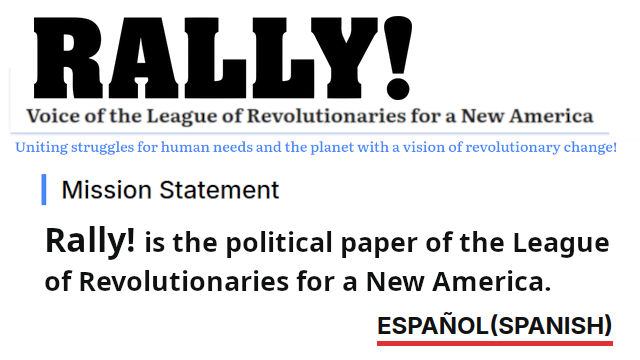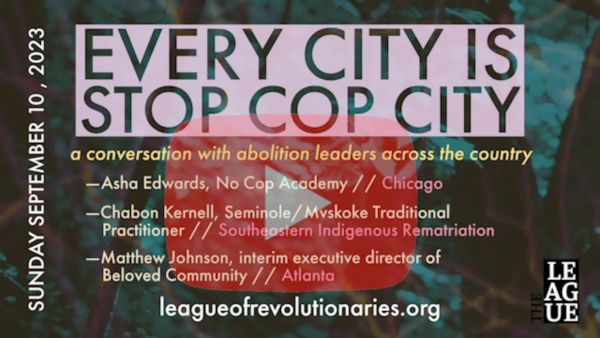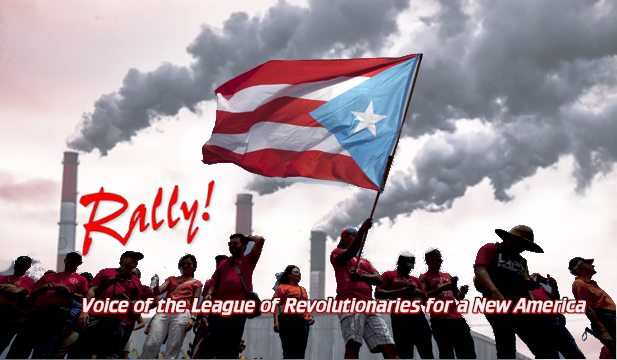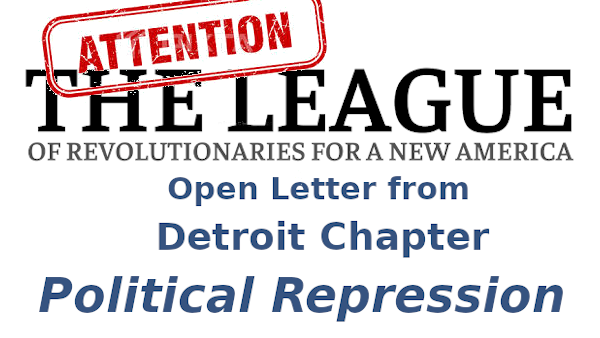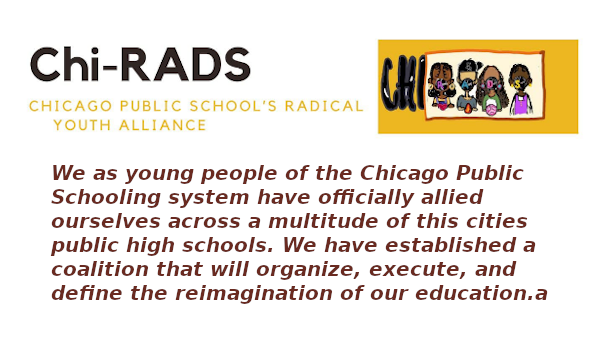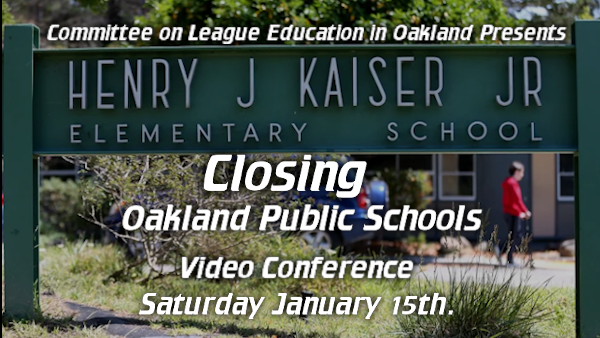Benton Harbor – Another Water Disaster
State of Michigan Sows Another Water Disaster
in Benton Harbor
In 2018, Benton Harbor resident Emma Kennard’s daughter came to visit from Texas. She wanted to take a bath, only to discover a tub full of discolored and particle-filled water. Alarmed, the family took it to the Mayor and city commissioners to have it tested. The city wouldn’t even look at the tainted water, much less send it away to be tested. Hurt and upset, before even leaving city hall, Mrs. Kennard called community organizer Reverend Edward Pinkney. Pinkney ensured the contaminated water was sent for testing at a lab at the University of Michigan.
The test registered lead content at almost 300 parts per billion. Under the Lead and Copper rule 15 parts per billion is deemed acceptable, although no amount of lead is safe. This sparked a community response that formed the Benton Harbor Community Water Council. One of the few almost all Black cities in the nation, with a population of 10,000, Benton Harbor faced a life-threatening situation.
The ghost of the State of Michigan-imposed Emergency Manager Law hovers over the tragic water disaster in Benton Harbor. From 2011 to 2017, the city was under state control through a state appointed Emergency Manager, an unelected official empowered to void or modify local contracts (outsource union work), hire or fire local employees, set aside local charters, initiate bankruptcy, dissolve or merge local municipalities, and most famously, sell assets. During this time, neither the mayor, the city commission, nor the city manager, could make decisions on behalf of residents.
Not satisfied with the theft of the community’s beloved lakefront Jean Klock public park, which had been turned into a golf course in an effort led by the Whirlpool Corporation and its allies, the Emergency Manager attempted to sell and/or lease the water plant. That effort was unsuccessful. The emergency manager did however, cut water treatment staff in half and fire the water plants’ supervisor.
The emergency manager finally left in 2017, but that was simply a change in tactics. In 2018, the state’s environmental quality agency, Environment, Great Lakes and Energy (EGLE), dispatched their team to the city. By 2019, they’d force the city into an Administrative Consent Agreement. These consent agreements are a part of the Emergency Manager Law and are designed to coerce impoverished communities to enter into “partnerships” with the state to resolve issues. The consent order raises water rates, in part, supposedly to pay for oversight of the water plant. In other words, the new partnerships make the very same people who have already been hurt by the very same emergency manager law pay even more in order to clean up the mess caused by the law in the first place.
EGLE ordered the city to hire an outside private firm to staff the plant. Meanwhile, the specter of lead in the water continued to grow. The state agency toyed with the situation as the crisis persisted. Lead test results continued to be off the charts. All of this happened while the water plant is still publicly owned by the people of Benton Harbor and stands as Benton Harbor’s richest asset.
The Benton Harbor Community Water Council did everything humanly possible to secure clean water for its residents. They sounded the alarm about the need to drink and cook with bottled water. They distributed thousands of gallons of water and continue to do so today. They even assisted the local supervisor and collected samples for testing.
Still, lead levels have continued to rise in testing conducted over the past three years. Individual homes have shown extremely high levels this year, including results from 107 to 605, and as high as 889-ppb, according to state data. While EGLE had oversight of Benton Harbor water, the lead kept showing up. Finally, enough was enough. The residents had had it.
On September 9, 2021, the Benton Harbor Water Council teamed up with twenty Michigan-based and national organizations to file a petition with the US Environmental Protection Agency. Prominent groups included Flint Rising, the Michigan Welfare Rights Organization, the Natural Resources Defense Council, Freshwater Futures, and the Great Lakes Environmental Law Center. The petition outlined the dire situation and presented the history of challenges faced by African Americans in Benton Harbor in obtaining housing and education. Its opening sentence stated, “For at least the past three years, Benton Harbor residents have been subjected to levels of lead contamination from their public water system that presents an imminent and substantial endangerment to their health.” Among other things, the petition called for the water to be declared unsafe and that all residents be notified immediately. It also made clear the need to provide free alternative sources of drinking water and to replace all service lines by September 2022.
When Governor Whitmer got wind of the September 9th release of the petition ahead of time, she headed down to Benton Harbor on September 8th to do damage control. She announced promises of a “whole-of-government” approach to provide lead line replacement money and speed up the response to the problem. Despite Governor Whitmer’s attempts to head off criticism, this response showed the power of the people. The filing of the petition finally allowed the long-suffering residents of Benton Harbor to be heard. The EPA has responded to the petition condemning both the city and the state, while outlining steps going forward.
How could there be a Benton Harbor in 2018, when we had a Flint in 2014 in the same state? Because Michigan’s market driven agenda has not changed. As Rally, Comrades! wrote in the 2016 article “What Happens in Michigan Won’t Stay in Michigan,” corporate private property has secured a fascist political model to carry out its aims. Democracy as we know it has become a liability. The emergency manager laws sidestep any concerns politicians may have about campaign contributions or any need to negotiate with voters. As illustrated in Flint, poisoning poor and particularly Black residents in impoverished cities for profit is the state of Michigan’s way of doing business. Markets are using the state and its Emergency Manager Law to push privatization, no matter the human cost, no matter the loss of lives, and no matter the permanent damage this push is inflicting on the people’s (especially the children’s) brains, nervous systems and kidneys.
In December 2020, Business Insider published a stunning headline, “Water Futures Set to Join Likes of Gold and Oil and Trade on Wall Street for First Time Ever.” This signifies a giant step in the privatization drive that is well underway here in Michigan. These financial maneuvers led to the tragic Flint water disaster, and are facilitated by the fact that Michigan is the home of the Great Lakes, the largest basin of fresh water in the world. Use of the dictatorial Emergency Manager law remains the state’s primary tool.
That Business Insider article explains the global dimensions of this ruling class move to speculate on water futures as a strategy based on the fact that “nearly two-thirds of the world’s population [is] expected to face water shortages by 2025.” This reality shows what is happening to the poor of Michigan as the frontline of a global class war. Safe, clean, affordable, and publicly owned water is not too much to fight for in water-rich Michigan. The people of Benton Harbor are showing all of us the way. RC
January/February 2022. Vol32.Ed1
This article originated in Rally, Comrades!
P.O. Box 477113 Chicago, IL 60647 rally@lrna.org
Free to reproduce unless otherwise marked.
Please include this message with any reproduction.

